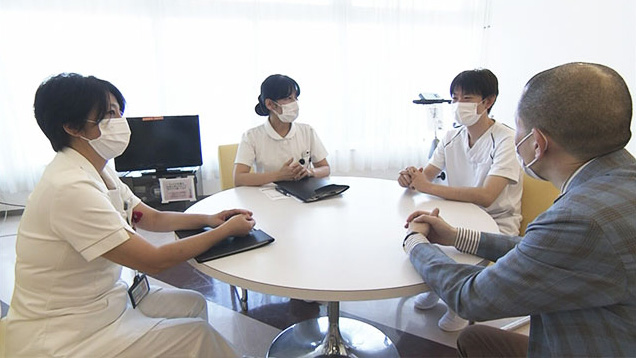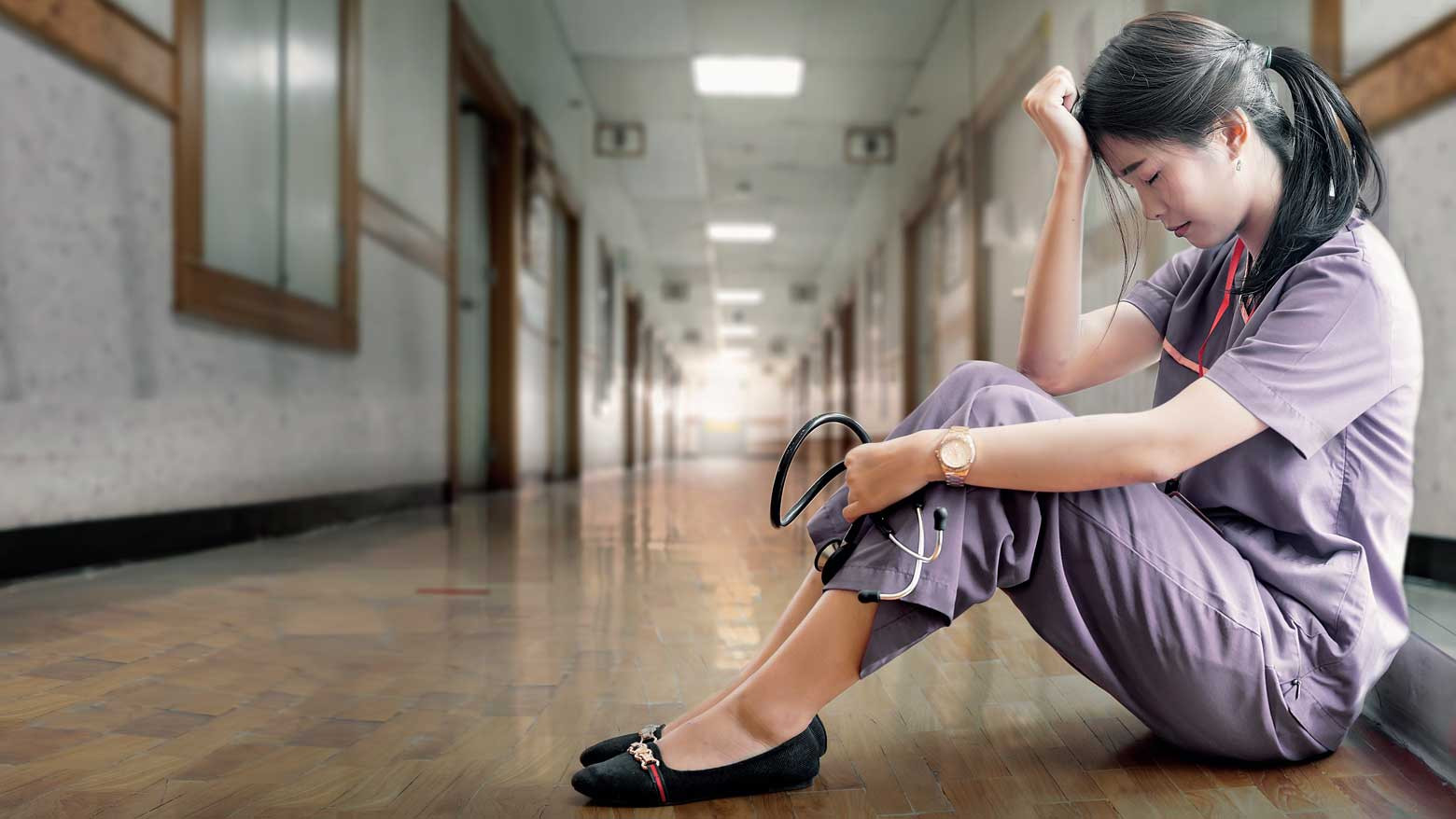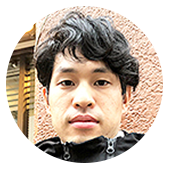"Some people won't even get into an elevator with us, or they'll refuse to meet us," a COVID-19 ward nurse told NHK on the condition of anonymity, citing workplace sensitivity. "There are medical workers who seem to be drawing a line between them and us, for no legitimate reason, even though we all serve together."
Hospitals that accept coronavirus patients have set up separate zones – one for COVID-19 cases and another for everything else. To reduce the infection risk, staff don't switch between the two in many hospitals. This set-up is creating internal divisions.
The Japan Academy of Psychiatric and Mental Health Nursing has been approached by 500 nurses caring for COVID-19 patients. Its managing director, Kayama Mami, says some of them are worried by their colleagues' attitudes.
"An internal division can make staff allocated to COVID-19 patients feel discriminated against and trigger a sense of unfairness among medical workers," Kayama says. "The problem can reduce motivation. Some staff, such as nurses, actually quit. It could even undermine the medical system itself."
Kitasato University Hospital, near Tokyo, is taking steps to ensure that workers assigned to COVID-19 patients don't feel isolated. Nurses are encouraged to speak with managers at any time, as well as to take part in regular meetings. Training sessions and presentations of study results are intended to deepen solidarity among the staff.
The hospital also offers a mental health support service. One member of the team, Shirai Noriko, is a certified nurse specializing in psychiatric mental health. She frequently visits COVID-19 wards to listen to staff concerns, which include anxiety and problems with workplace relations.
"During our visits, workers can share with us what exactly is triggering their stress," she says. "I hope our team can help convince them that we're all in the same boat."
So far, the efforts appear successful, with no resignations.

Hospitals run by the Japanese Red Cross Society are also accepting COVID-19 patients. The Society has posted guidelines online with the aim of boosting unity among its own medical staff – as well as helping other hospitals consider what is necessary to combat the virus.
Key pillars include reducing the pressure on those who work with COVID-19 patients and ensuring they do not feel isolated. The guidelines suggest it is important for hospital administrators to understand exactly what puts workers under stress, and ensure that all staff receive the information they need.
Doctor Ogawa Asao at the National Cancer Center Hospital East specializes in mental care for medical staff. He urges support for those on the COVID-19 frontline from the very top.
"There's a limit to what hospitals alone can do to care for their staff," he says. "While the workers respond to COVID-19 over a long period, the authorities need to not just secure enough beds for patients, but to also ensure medical staff get the mental-health support they clearly need."


